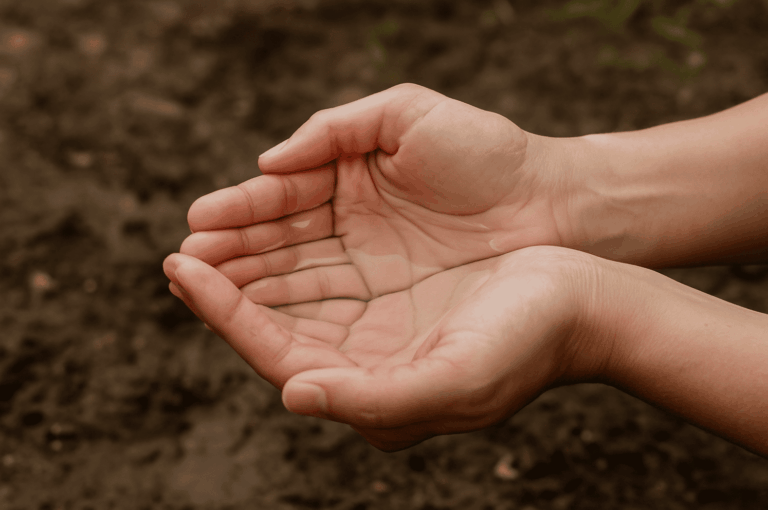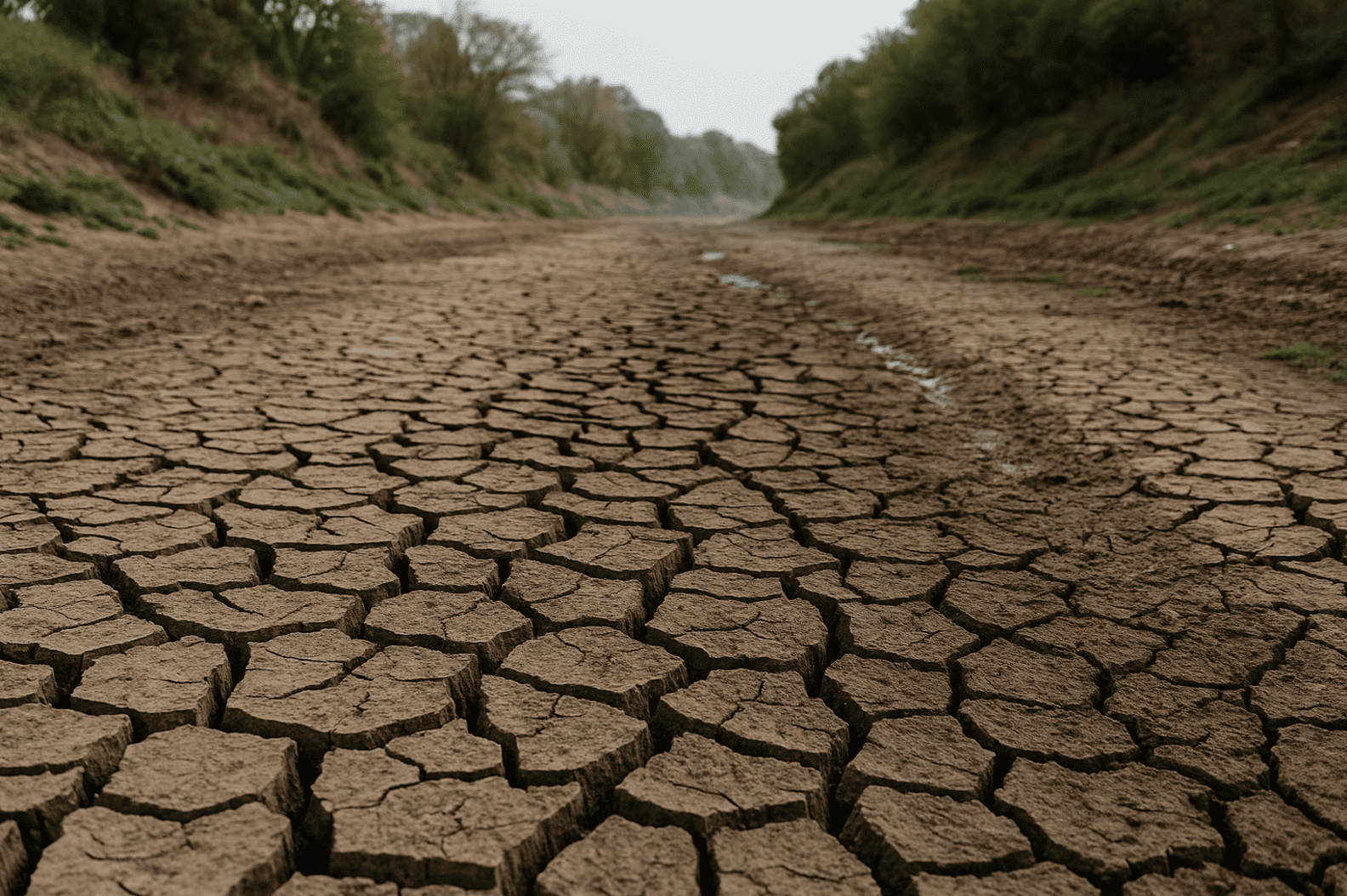
Whether brushing our teeth, washing our hands or watering the garden, we often take our water consumption for granted and hardly notice it. Even small changes in our daily routine – such as turning off the tap while soaping up or using water-saving fittings – can save thousands of litres of drinking water per person per year. These simple steps are important because water is a resource that is under pressure worldwide.
From everyday life to the global dimension
While we consume an average of over 120 litres of water per day in Germany, people in many regions live on less than 20 litres – and not by choice. According to UNICEF, around 4 billion people have no reliable access to clean water at times. The consequences range from disease and food crises to social conflicts.
Gary White, co-founder of Water.org and WaterEquity, describes his turning point as follows:
„It became clear that charity alone was not going to solve the crisis. There had to be a better path to providing the world with safe water.“
(water.org)
For him, the key lies in a mix of philanthropic start-up capital and scalable impact investments that secure access to water and sanitation in the long term.
Water scarcity as an investment opportunity

The funding gap for achieving SDG 6 (clean water and sanitation) is estimated at more than 80 billion US dollars annually. This scale makes the issue not only a humanitarian challenge, but also an economic one – and a key area for impact-oriented investment.
Dr Peter Gleick, President of the Pacific Institute and co-initiator of the Water Resilience Coalition, sees companies playing a special role in this regard:
„We don’t need to invent any new technology … we can’t afford not to solve them. And ultimately … it’s up to ‘we’ … it’s up to us. And the ‘us’ is everybody.“
(circleofblue.org)
He points out that the technical solutions exist – the crucial thing is that public, private and civil society actors implement them consistently.
Focus on impact: SOAPEYA as an example
SOAPEYA is an innovative example of combining resource conservation with social benefits: a dry soap that produces no waste, is skin-friendly, biodegradable and even edible. The idea: to enable hygiene everywhere and save lives – without water, without chemicals, without plastic waste.
The global effect would be measurable: every time you wash your hands with SOAPEYA, you save drinking water. Extrapolated, billions of litres per year can be saved – in regions with water shortages, this can be a matter of life and death. In addition, CO₂ emissions are reduced because no water needs to be transported or treated.
In 2025, DN Deutsche Nachhaltigkeit AG acquired a stake of around 9.5% in the parent company, Save the Water Holding AG. Prior to the investment, the company underwent a rigorous impact investment process and achieved an ESG score of 51 points – well above the required minimum.
Why water is a key area for impact investments
From more conscious use in everyday life to infrastructure programmes worth billions: every measure counts, but the biggest leverage lies in systemic solutions. Technologies for reducing leakage, reusing wastewater, decentralised supply systems or products such as SOAPEYA offer clear ecological and social benefits – and at the same time open up economic opportunities.
This closes the circle: private individuals can start small, while companies and investors reinforce the effect through targeted projects and financing. Impact investing thus becomes a connecting instrument that advances SDG 6 (clean water and sanitation) and SDG 17 (partnerships) in equal measure.